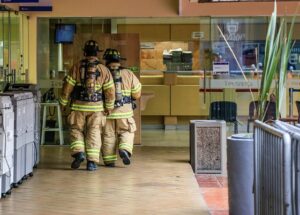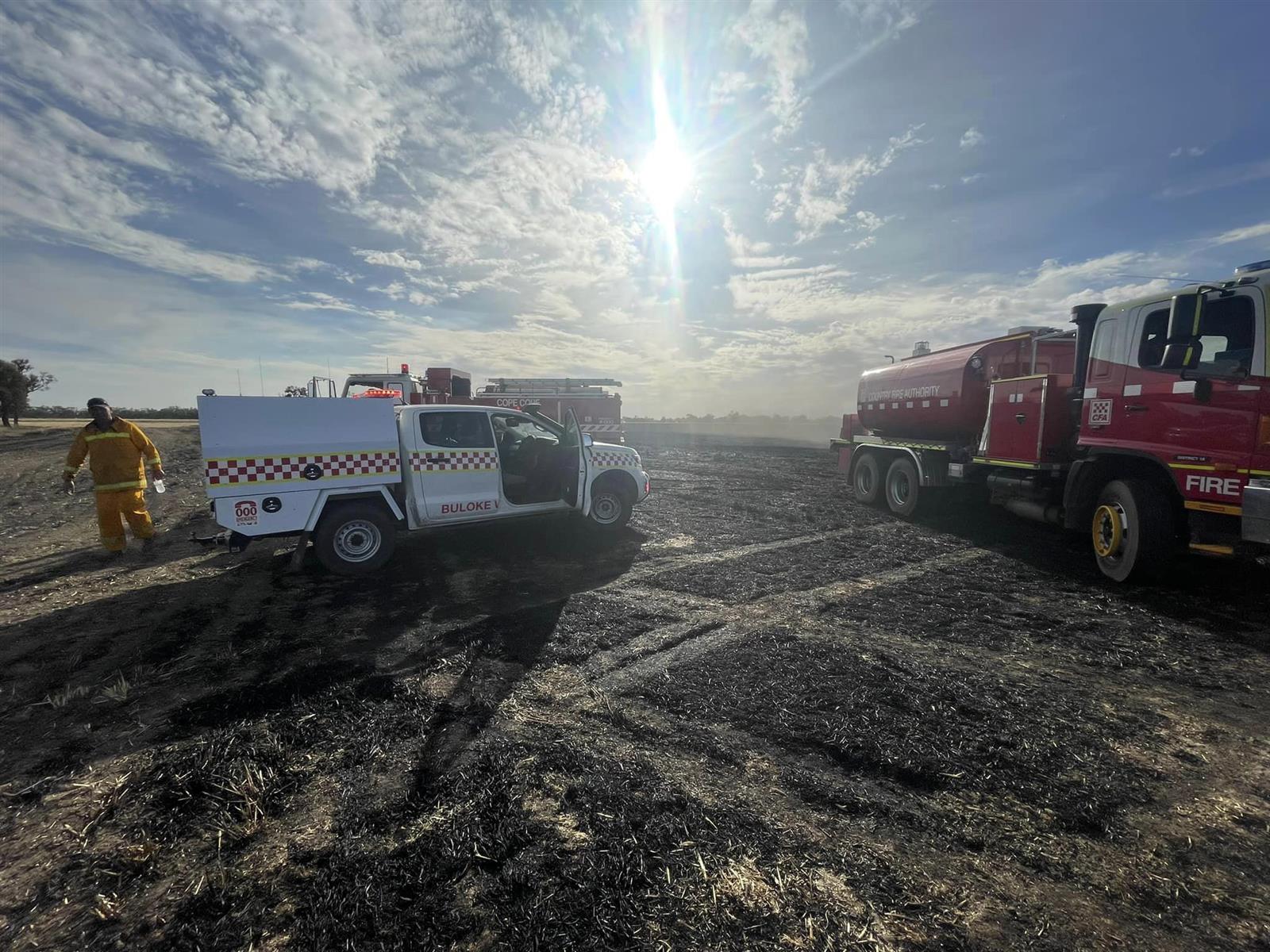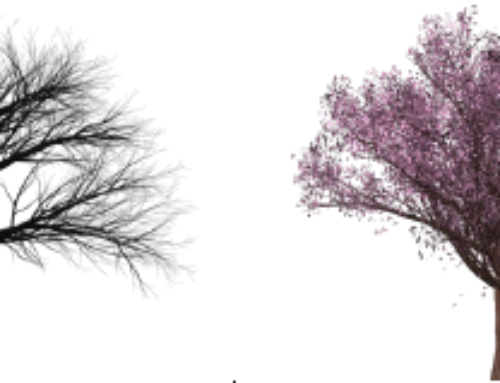Happy New Year! While we had a little break from posting over the Christmas period in order to focus on time with extended family and friends, as with all things farming, every other part of life continued on around us. Specifically, the start to the fire season.
Charles and I are both Country Fire Authority (CFA) volunteers with our local brigade. While we never signed up until we became full-time residents in the area, in hind sight this was definitely a mistake. Even if we hadn’t been available to attend callouts when the pager went off, the knowledge and camaraderie gained would have been invaluable to us as “first generation farmers”. So if you own property in the country, I can’t recommend highly enough that you join your local CFA brigade, even if you are also “weekend farmers”. It’s a great way to meet your neighbours and the information you learn will help you feel more confident in preparing your property for the bushfire season.
Many people wonder about the well-publicised issues that have faced the CFA and the Victorian Government over the last few years. When it’s all said and done, none of the issues reported in the media affect how we attend and fight fires in the local community. My understanding of the long and short of it is that conflict arose when the United Firefighters’ Union (UFU), who represented the Metropolitan Fire Brigade (MFB) and paid CFA staff, were locked in a pay dispute with the Victorian Government. The UFU cannot and does not represent the volunteer CFA members, they never have. Volunteer CFA members have their own union which advocates on their behalf in a number of areas. The solution to the pay dispute was to combine MFB staff and paid CFA staff into a new organisation known as “Fire Rescue Victoria” which is responsible for paying the wages of these firefighters on behalf of the Victorian Government. Some FRV paid staff have been seconded to the CFA to fill the roles which they were undertaking prior to the organisational update, so it’s all just bureaucratic paperwork pushing from the perspective of the majority of CFA members, and particularly those of us who volunteer with truly rural or regional brigades. FRV and CFA staff still work side by side at incidents together and there is definitely no bad blood between those of us actively engaged on the frontline of firefighting duties.
The reason I am writing about the CFA in this post is to try to highlight the importance of this organisation in rural communities, and also to point out some of the issues which actually do affect how we operate at the frontline.
The average age of Australian farmers is 55 and rising. At the same time, many members of the younger generations are leaving rural areas for the city to pursue what they see as greater opportunities for their education, work and personal lives. The percentage of the population who volunteer (anywhere, not specifically with the CFA) is dropping as the pace of life increases and we find ourselves too exhausted, stressed or busy to help our communities. The difficulty is that all CFA brigades are facing these issues, which means that the overall population of CFA membership is dropping. This then leaves resources stretched too thin and communities vulnerable, particularly at this time of year.
Between Christmas and New Year, our local brigade had six call outs. Some of these were fires started due to lightning striking trees, others were to deliberately lit grass fires, one was a motor vehicle accident. For those of you doing the maths, that’s six incidents in seven days. While the stress of being on call takes its toll in the best of circumstances, with a reduced and aging volunteer base to draw from, this stress is amplified over time. Our brigade is by no means alone in this situation, although we are starting to personally see the knowledge drain implications of some of our senior members as they retire due to ill health and physical degeneration. It’s time for the next round of rural leaders to step up.
The way to combat this is through new volunteers reaching out to their local brigades. There is no point is sitting back and assuming that it’s “someone else’s problem” because that’s not how country communities work. You will only ever get out of country living what you are prepared to contribute to the community. Unlike fires in the city (where it actually is someone else’s paid job to put them out), grass and scrub fires in the country can spread over vast areas in a matter of minutes under the right conditions. So even though the fire may have started a long way from where your property is, there’s a good chance that if you don’t help to put it out, your place can also be at risk. As the old saying goes: “An ounce of prevention is worth a pound of cure.” Wouldn’t you want to be part of the preventative measures in your local area?
I mentioned before that there is mandatory learning incorporated into the volunteer recruitment process. At no stage are you sent out to fight fires alone, or unprepared. In fact, the CFA motto is “Everyone Comes Home”. Once the basic general firefighter training has been completed, you are able to take control of your learning to extend your skills as you feel are necessary, or as your brigade requires to maintain the safety of the local community. For example, our tanker doesn’t carry breathing apparatus, so there’s not a lot of point in our volunteers getting training in the use and maintenance of that equipment. But another local brigade we work with, which is based in a rural town hereabouts, requires the knowledge of that equipment because it’s often applied in structural (house) fires.

Firefighters trained to fight structural fires will often carry breathing apparatus like this.
Even without choosing to extend your skills base beyond the general firefighter course which allows you to turn out, the knowledge that you gain from that training will be invaluable in helping to give you a clearer understanding of fire behaviour. I personally found this extremely helpful in increasing my confidence in assessing the warnings from the Victorian Emergency Services app, and deciding whether to stay or go based on the information to hand. It even helped me to understand and assess the Fire Danger Ratings better as I travel throughout the state during the fire season.
We all saw the support provided to our fire services during the Black Summer of 2019/2020. But it’s easy to send money. It’s hard to put your community before yourself, but that is needed now more than ever. Please join your local CFA brigade and have a safe 2023.





Leave A Comment